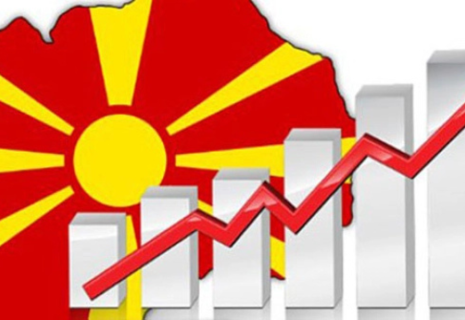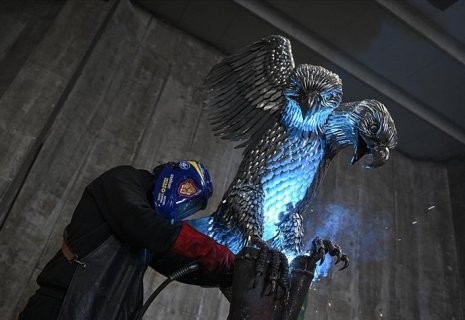
What’s behind Italy’s rising ice cream prices?
There is also the high cost of ice cream this summer 2025, with the heat boosting consumption, which has increased by 4% compared to last year, but also retail prices: which over the course of four years have risen by almost 30%.
The average cost of ice cream in tubs in Italy today stands at €5.87 per kilogram, compared to an average of €4.54 in 2021, CE Report quotes ANSA.
The data comes from the Center for Training and Research on Consumption (Centro di formazione e ricerca sui consumi), which analyzed figures published by the dedicated MIMIT observatory, comparing current prices of 1 kg tubs of ice cream across Italian cities with those from 2021.
Florence is the city with the highest ice cream price today, averaging €8.05 per kg, followed by Forlì (€7.68), Bolzano (€7.19), Ravenna (€7.18), and Biella (€7.14). On the other end of the ranking, Macerata is the most affordable province, with an average price of €4.55 per kg, followed by Treviso (€4.56) and Cuneo (€4.64).
Regarding price increases, Padua has seen the heaviest rise, with +54.3% since 2021, followed by Modena (+50.4%) and Livorno (+43.5%). In Ancona, prices have risen only by 6.4% in four years, and in Cremona by +9.3%. Only six Italian provinces have recorded price increases below +20% during the period considered.
“After the sharp price escalation in recent years due to energy costs and the war in Ukraine, ice cream prices have stabilized, but the crisis in some raw materials, starting with cocoa, still weighs heavily,” explains Furio Truzzi, chairman of the CRC scientific committee.
“The packaged ice cream business in Italy has reached €1.9 billion, with per capita consumption around 2 kg and 3.7 billion portions sold, alongside €3 billion in artisanal ice cream consumption,” Truzzi concludes.























